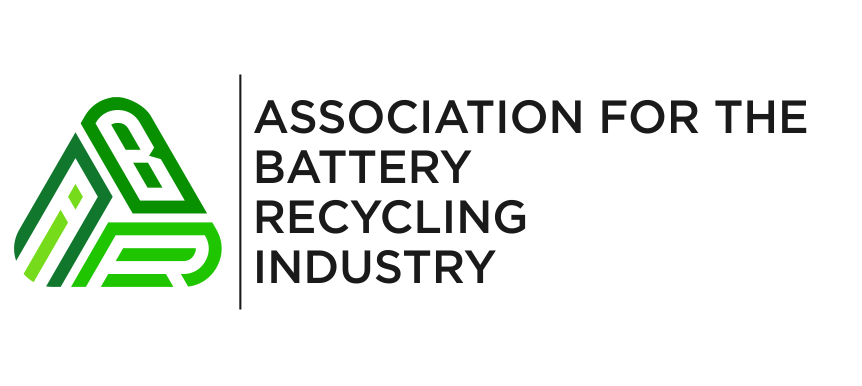2025 Australian Battery Recycling & Manufacturing Summit hears from NSW EPA on Australia’s first battery extended producer responsibility Regulations
Watch for consultation on a NSW framework designed to scale safe, sustainable battery recycling
The NSW Environment Protection Authority (EPA) presentation at the 2025 Australian Battery Recycling & Manufacturing Summit in July set out the roadmap for implementing mandatory producer responsibility for batteries in NSW.
The EPA is scheduled to commence consultation in September to shape new lifecycle producer responsibility regulations for batteries and create a nationally consistent approach to battery stewardship. The NSW EPA is targeting commencement of the regulation in Q2 2026.
Priority Products & Consultation
The initial priority products are loose batteries and e-micromobility, such as e-bikes and e-scooters, which have been linked to fires in garbage truck and waste facilities.
Whilst consumer electronics are not expected in the first round of regulated products, industry input is vital to ensure workability for future products such as electronics.
The consultation, which will run for four weeks, will focus on the Draft Regulation and Draft Regulatory Impact Statement under the new Product Lifecycle Responsibility Act 2025 (NSW). A draft template Action Plan is also being developed to guide stewardship organisations in delivering on requirements such as collection networks, safety protocols and community education.
Industry Engagement
Association for the Battery Recycling Industry (ABRI) CEO Katharine Hole said the draft regulations mark an important shift for the industry. “Government activity is gaining momentum to implement mandatory producer responsibility for batteries with low recovery rates,” she said. Other states, particularly Victoria and South Australia, are closely watching developments in NSW to look at how they can roll out the model in their jurisdictions.
The regulatory framework introduces new obligations for brand owners supplying batteries in NSW, including:
Registering with government
Joining and funding a product stewardship organisation (either a formal scheme or one operated by an individual business)
Maintaining records to ensure oversight and compliance
The framework is deliberately designed to be scalable and agile, and to serve as a template for other jurisdictions.
“It’s important to recognise the differences between battery chemistries and markets, as a one-size-fits-all approach may not be appropriate,” Ms Hole said.
ABRI is actively engaged in shaping these reforms. The NSW EPA held initial consultations on the regulation with key industry stakeholders at an early stakeholder engagement session on August 26.
The Circular Economy
As the peak body for Australia’s battery circular economy, ABRI represents more than 60 member organisations across the value chain including e-waste and lithium battery recyclers. ABRI seeks to engage collaboratively with all stakeholders to develop safe and sustainable recycling solutions.
“Studies consistently show that recycling reduces greenhouse gas emissions and other environment impacts,” Ms Hole said. A Battery Stewardship Council lifecycle analysis shows that lithium-ion batteries from recycled materials have an over 50% lower greenhouse gas impact compared to using primary materials.
Further information on ABRI and its members is available at www.batteryrecycling.org.au.
